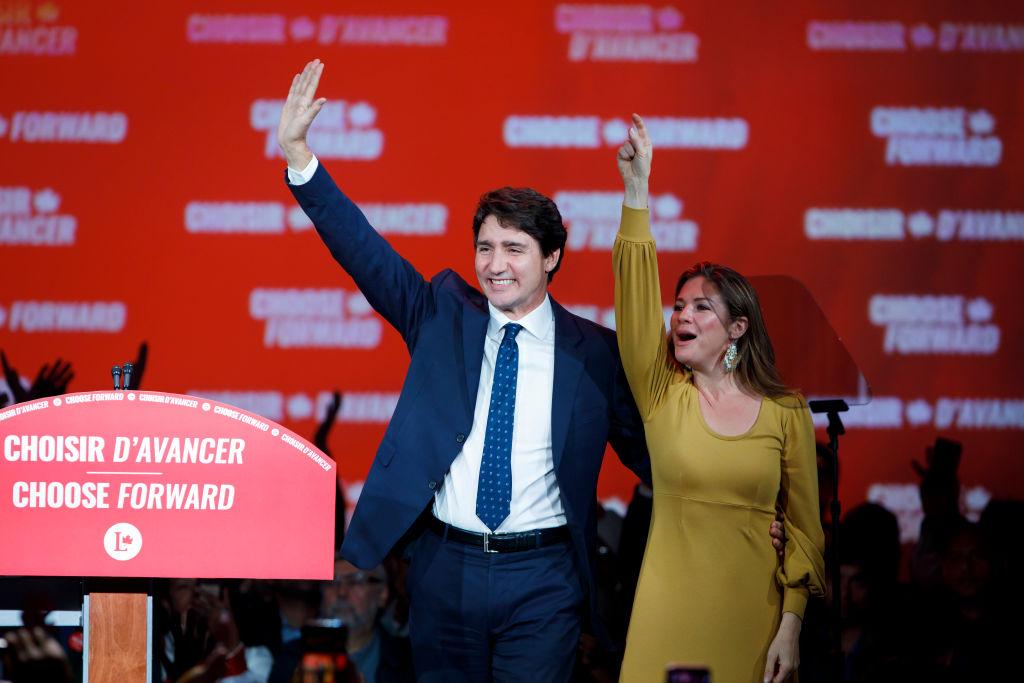TORONTO—Canadian Prime Minister Justin Trudeau hung on to power in the nation’s Oct. 21 election, but faces a tougher task of passing key legislation and remaining in power with a minority government.
Trudeau’s Liberal Party won 157 seats of the Parliament’s 338 seats, 13 shy of the count required to maintain a majority. The party now has to get the support of smaller parties to pass legislation and maintain the confidence of the Parliament.





